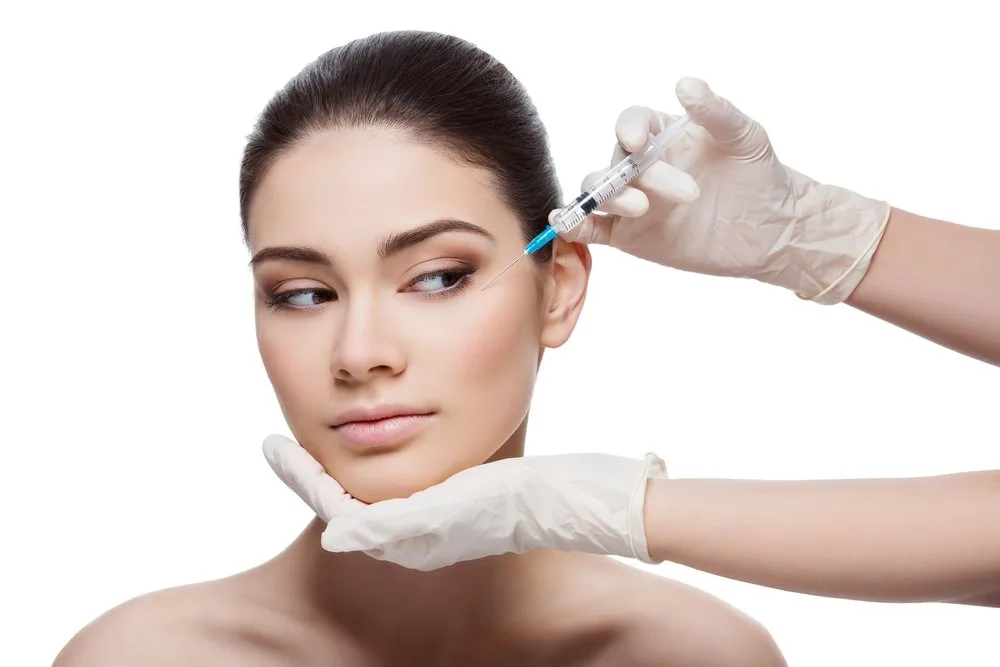The latest reports show that the use of botox has increased exponentially in recent years. With greater access and affordability, it’s not just celebrities and influencers sporting that rejuvenated glow. Students, parents, and even busy working professionals can now fit a quick touch-up into their lunch breaks. Although the popularity of botox has increased, key information on the most effective aftercare is lagging behind.
Botox Essential Dos and Don’ts
If you’re considering treatment, here are six dos and don’ts to make the most of your botox.
1. DO: Choose the Right Clinic
Choosing a reputable clinic to administer Botox is vital. Look for practitioners who have received specialized training. Provided you do your research and read the reviews available online, you should be able to find a qualified practitioner wherever you are based.
Be wary of any clinics offering too-good-to-be-true prices or unrealistic results.
2. DON’T: Sleep on the Treatment Area
During the first 4-6 hours after treatment, it’s important to avoid putting any pressure on the injected areas. Botox takes a few hours to settle into place. Pressing your face against the pillow or even just lying down can cause the Botulinum toxin to migrate from your treatment site into unwanted regions of your face.
3. DO: Skip the Gym
Many individuals who are passionate about maintaining youthful skin are just as enthusiastic about the gym. Unfortunately, if you’ve just received Botox treatment, you should avoid any exercise and strenuous activity for at least 24 hours. Like lying down, exercising (even just wiping away sweat) can increase pressure to the face and cause your newly injected Botox to migrate. Additionally, if you raise your blood pressure while exercising, you can cause the injected areas to swell or bruise.
If the idea of skipping your workout makes you panic, make sure to get your cardio in before your Botox appointment.
4. DON’T: Drink Alcohol Before or After
If you’re scheduled for a Botox treatment, skip the cocktails for at least a day prior to and after your session. Alcohol impacts the body in several ways, none of which mix well with Botox. For example, alcohol consumption can dilate the blood vessels and temporarily thin the blood, which can increase the likelihood of bruising when Botox is injected.
Dehydration is another factor. Dizziness is a known Botox side effect in some individuals, and this can be increased dramatically when combined with alcohol-induced dehydration. Dehydration can also make it more difficult for the injector to find your veins and pierce the skin, which can result in swelling, bleeding, and bruising.
5. DO: Listen to Your Practitioner
This list of dos and don’ts is not exhaustive. From staying out of the sun to avoiding cosmetics, every clinic will have slightly different recommendations for your recovery phase. Speak to your injector about your aftercare plan and ask for a pamphlet on best practices if available. It’s also important to disclose any allergies or medical conditions you might have prior to treatment, as medications or physiological differences may impact the efficacy of the treatment.
6. DON’T: Ignore Side Effects
While significant side effects from Botox are very rare, it’s imperative to know the signs of a medical emergency. If you experience slurred speech, difficulty breathing, trouble swallowing, bladder weakness or blurred vision during the first few weeks after your procedure, contact your primary care physician immediately.
The bottom line
Botox is a relatively affordable and low-risk way to improve the appearance of fine lines and aging. To get the most out of your investment, follow the dos and don’ts listed and, above all, listen to your body.



![women [longevity live]](https://longevitylive.com/wp-content/uploads/2020/01/photo-of-women-walking-down-the-street-1116984-100x100.jpg)










